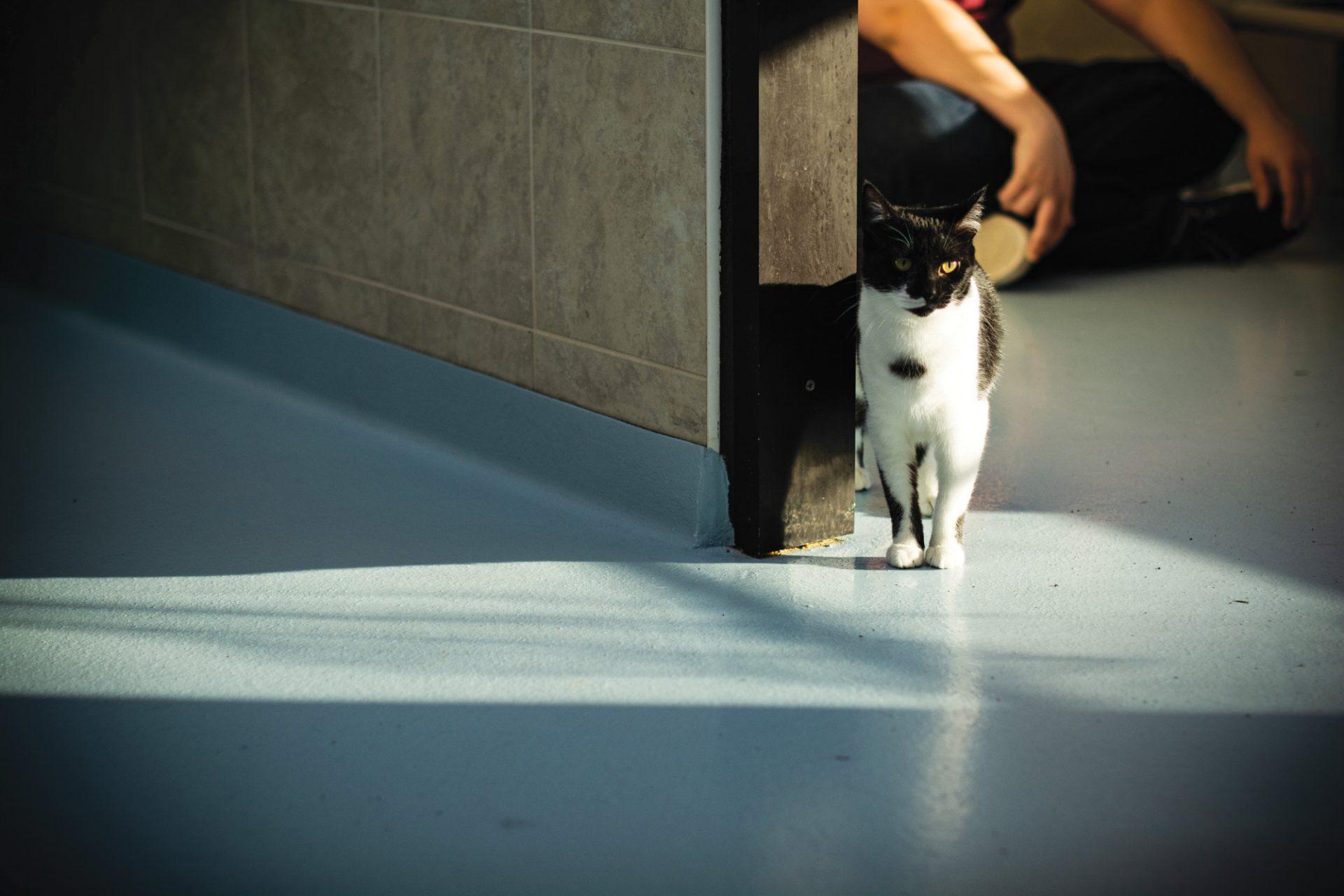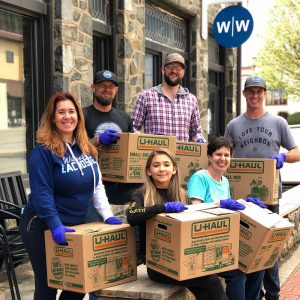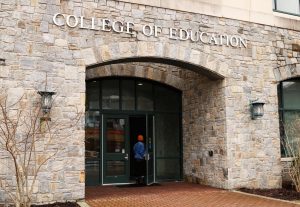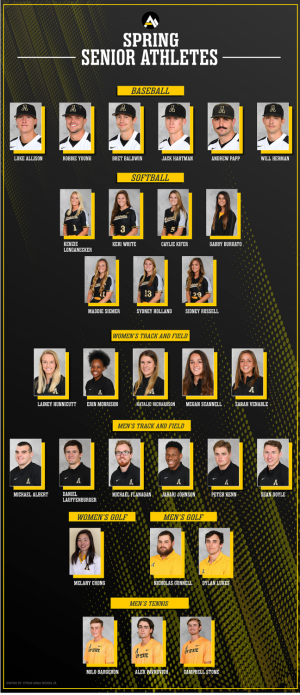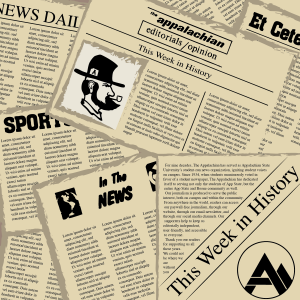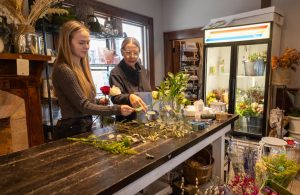Small businesses face challenges with loans amid COVID-19
April 30, 2020
As North Carolina’s imposed shutdown nears a month, small businesses in the state are facing unprecedented times financially, but many are receiving little to no help from the federal government.
Dragon’s Den, a comic book and gaming store located on Greenway Road, saw its profits “all but flattened” by the shutdown, co-owner Josh Shields wrote in an email. Dragon’s Den started an online store, but it produced minimal returns.
“Other than some online sales here and there, mostly card singles, the actual profit is in the red,” Shields said.
Although Dragon’s Den’s finances are stable for now because it kept a safety net fund on its books, the store will need assistance paying bills if the shutdown continues.
Gov. Roy Cooper ordered all nonessential businesses to remain shut down until at least May 8, which is subject to change depending on the progression of the virus.
Dragon’s Den applied for the Economic Injury Disaster Loan in mid-April. Co-owner Russ Seamster said they did not need to apply for the larger loans, as Dragon’s Den is a small business with only one employee. But, the store received nothing.
There are two loans small business owners can apply for through the United States Small Business Administration: the Paycheck Protection Program and the EIDL. As part of the first COVID-19 economic relief package, Congress allotted $349 billion to the PPP and $10 billion to the EIDL.
The PPP provided loans to businesses with less than 500 employees to cover payroll costs, mortgage interests, rents, and utilities and deferred the loan payments for six months. The EIDL allowed businesses with less than 500 employees to request up to $2 million in loans, along with a maximum $10,000 dollar advance grant on those loans. They were given out on a first-come, first-serve basis, not by greatest need.
But on April 16, the PPP and EIDL ran out of money to loan. The National Federation of Independent Businesses reported that 70% of small businesses applied for PPP loans and almost half applied for EIDL loans. Of the over 23,000 applicants surveyed by CovidLoanTracker, a website built to track PPP and EIDL loans, 3,000 had received loans as of April 23.
“America’s small businesses are on the brink, trying desperately to keep their doors open and support their employees. We’ve been hearing from our members, every day, worried the $349 billion lending program would run dry before help gets to them. Today, their worries became a reality,” NFIB President Brad Close said in a press release April 16.
The Washington Post reported April 20 the federal government loaned millions to national hotel and restaurant chains while thousands of small businesses received nothing. Shake Shack, the New York City-based burger-and-fries chain, announced it would be giving back the $10 million it received after complaints from small business advocates.
In Washington, D.C., partisan clashes over how much money to give the PPP and EIDL led to a delay in funding and their ultimate depletion. Republican leaders pushed a stand-alone one-time $250 billion infusion into the PPP. It did not provide funds to the EIDL. Democrat leaders argued it did not go far enough nor help the most vulnerable businesses. Democrats blocked the $250-billion bill, arguing for a more sweeping relief bill that included money for hospitals and local governments was needed.
Congress reached a compromise April 21, agreeing to a $484-billion bill that added $310 billion to the PPP and $60 billion to the EIDL. The bill easily passed April 23. The Treasury Department released guidelines to deter larger businesses from boxing out smaller businesses again, but it is unclear what enforcement mechanisms will be used to ensure the loans reach the most vulnerable.
Like Dragon’s Den, Salon 1025 in Greenville has experienced the damaging financial effects of forced closures.
“It has completely cut out all of my income for me and the salon,” said Rebecca Briley, owner of Salon 1025.
Briley said she applied for an EIDL as soon as it became available after the first federal government relief package in early April, but has still not heard anything back. Her business doesn’t have a payroll, so applying for a PPP loan did not seem helpful and she wasn’t willing to pay the interest.
“The government is the one who shut me down,” Briley said. “Why would I want to pay them back or pay the bank back 3.75 percent if I wouldn’t need it in the first place if they hadn’t shut me down?”
Michaela Williams, a hairstylist at Salon 1025, said her income has taken a hit because of the pandemic and is upset that the government didn’t do more to help independently owned businesses.
“The small businesses are out here drowning and there is nothing we can do about it,” Williams said. “It is very aggravating that it’s the local and the small that are always affected.”
Hope James contributed to this story.

